NEET UG Aspirant from UP allegedly dies by suicide in Kota
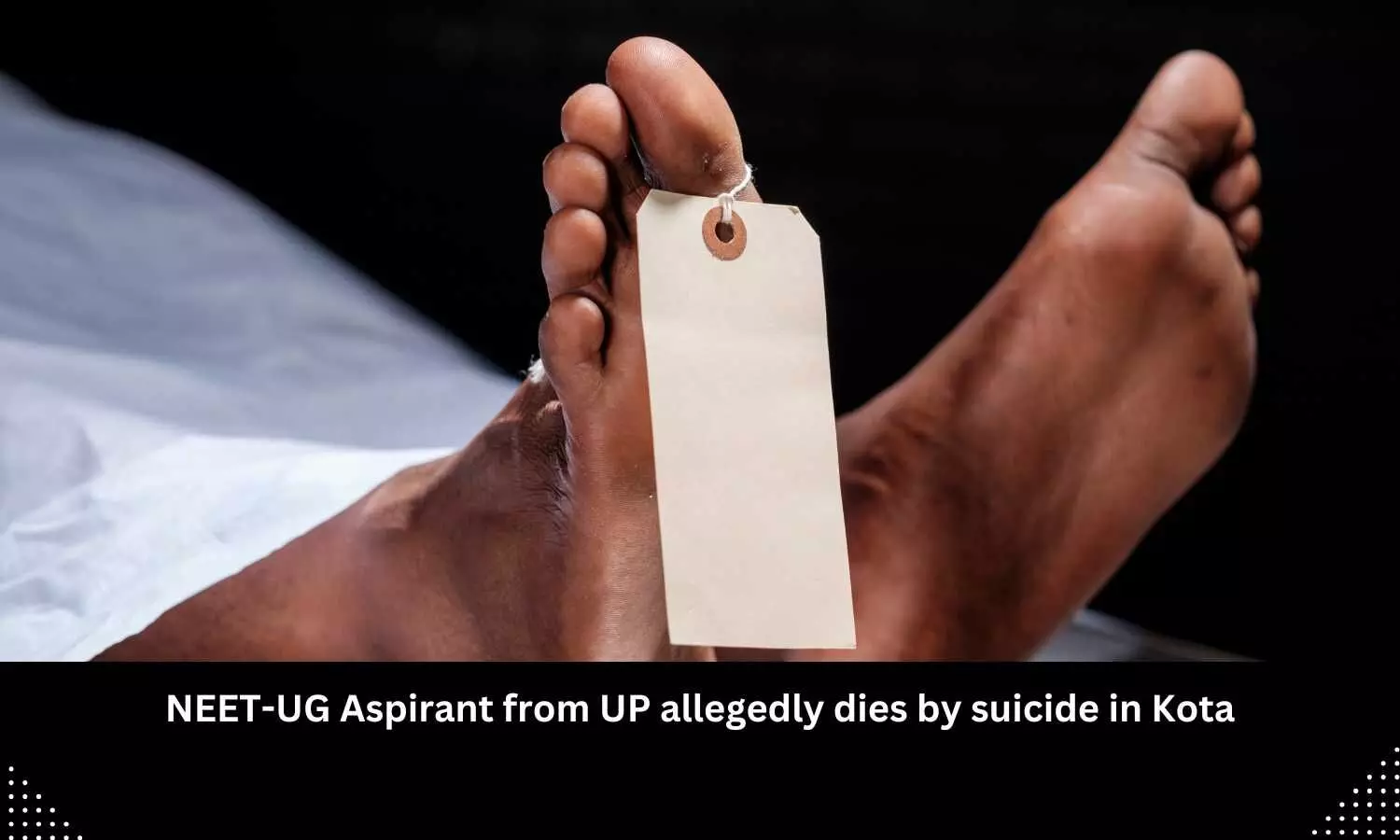
Powered by WPeMatico

Powered by WPeMatico

Pune: Failing to take action on time against a fake doctor by filing an FIR, the health department of the Pune Municipal Corporation (PMC) recently issued a show cause notice to the ward medical officer (WMO) of Hadapsar-Mundhwa asking to submit a satisfactory response within 2 days to avoid administrative action.
According to the corporation, the WMO has been accused of deliberately delaying the filing of a First Information Report (FIR) against an unqualified individual running a clinic in the ward, who did not possess the required qualifications or registration with the Medical Council, thus violating the Maharashtra Medical Practitioners Act of 1961.
Issuing a notice in this regard on Thursday, Dr Nina Borade, Health Chief of PMC said, “You are required to provide a written explanation within two days of receiving this letter regarding the intentional delay in filing an FIR and taking action against the bogus medical practitioner. If the explanation is found unsatisfactory or is not received within the stipulated time, administrative action will be taken against you under section 56(2) of the Maharashtra Municipal Corporation Act 1949.”
Also read- Absent from Duty: 56 doctors get show cause notice in Kerala
This comes after Pune Municipal Corporation (PMC) enforced the Maharashtra Nursing Home Registration Act of 1949 in the merged village, however, an HT news report from September 30 highlighted that the civic body was not taking action against bogus doctors operating in these areas.
According to officials, the legal department of the PMC on July 26 opined that an FIR should be filed against a doctor found practising in Hadapsar-Mundhwa without requisite qualification and registration with the Medical Council in violation of the Maharashtra Medical Practitioners Act 1961. Thereafter, the PMC Anti-Bogus Doctors’ Cell on August 13 directed the WMO of Hadapsar-Mundhwa to file an FIR against the bogus doctor.
However, the WMO went on leave and later on September 4 submitted a letter stating that filing an FIR was not possible as the PMC had not yet taken full control of healthcare services in the merged villages, including Hadapsar-Mundhwa.
Speaking in this regard, Dr Rajesh Dighe, assistant health officer and in-charge of the PMC Anti-Bogus Doctors’ Cell told HT, “There seems to be a deliberate delay on the part of the WMO. The inspection and action against the bogus doctor have been pending for a long. The WMO is yet to respond to the notice and further action will be taken after his reply is received.”
“After the WMO submitted the letter on September 4, the matter was referred to the PMC legal department which once again opined on September 30 that the WMO should go ahead and file the FIR against the quack. Following the legal department’s opinion to go ahead and file an FIR against the bogus doctor, orders were given on October 1 to the WMO to file an FIR. The officer was expected to file the FIR within seven days. However, the action was kept pending and the doctor took a transfer to a maternity home,” Dr Dighe added.
Powered by WPeMatico
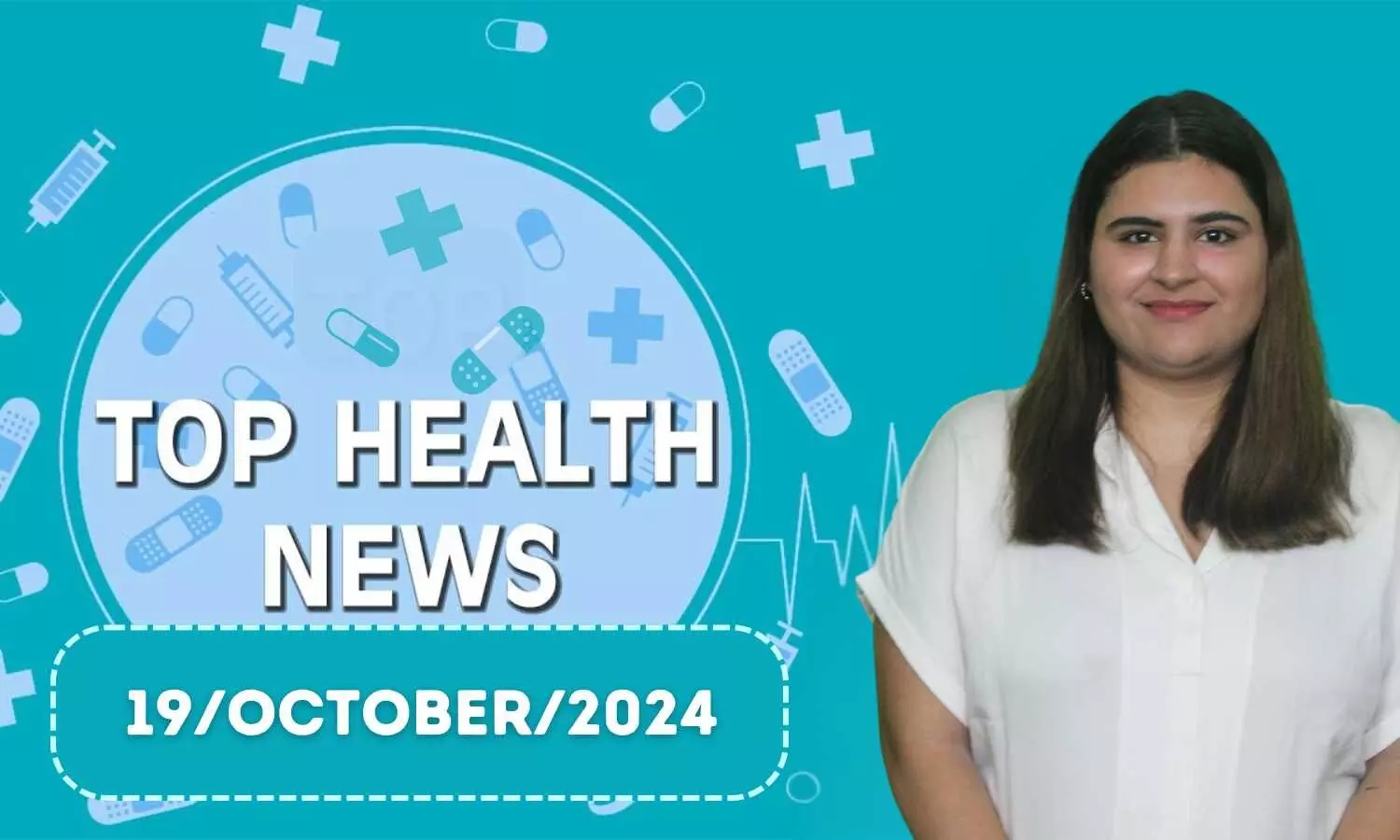
Here are the top health news for the day:
Non-inclusion of disability, transgender rights laws in new CBME curriculum, Centre seeks NMC response
For more information, click on the link below:
Powered by WPeMatico
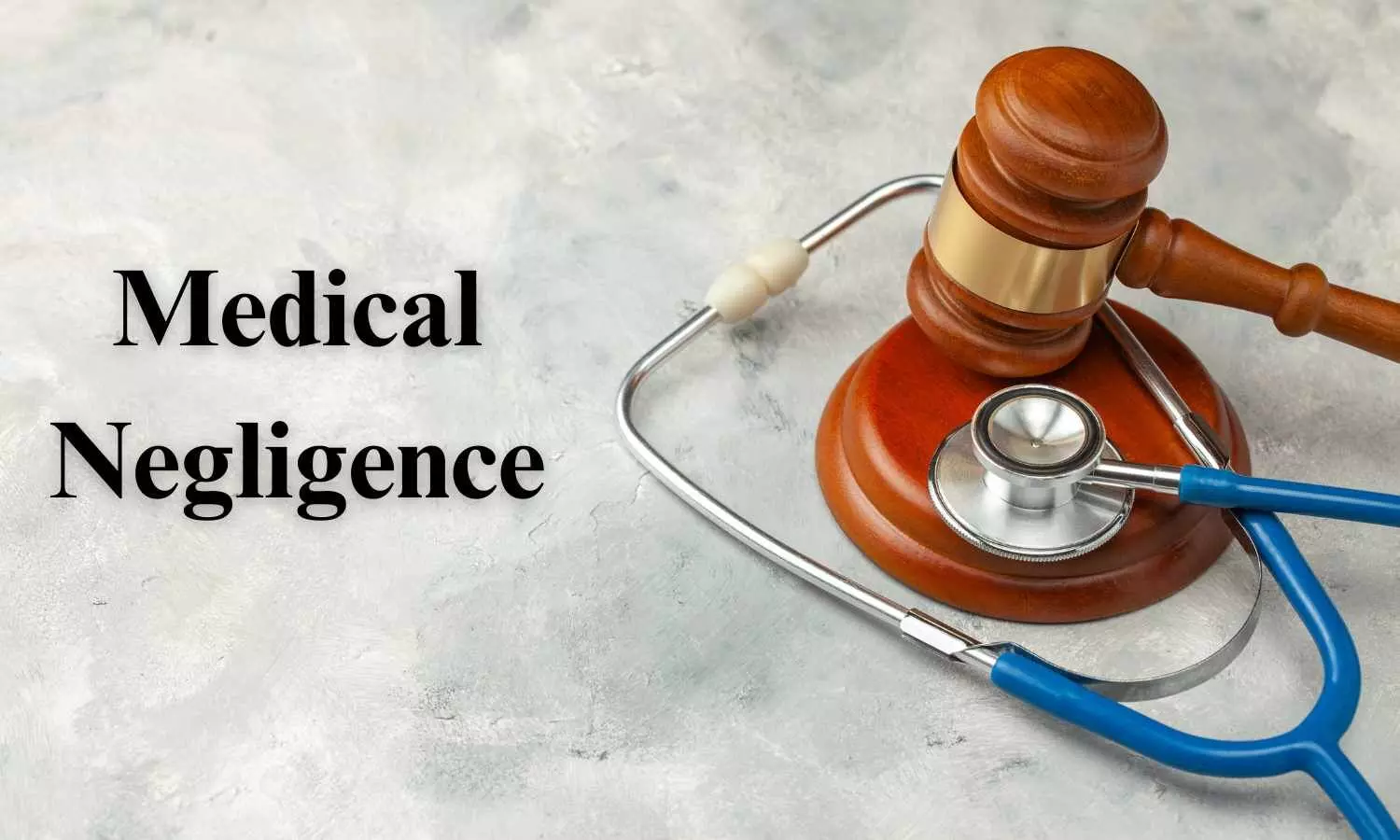
Gangtok: An shocking instance of alleged medical negligence has come to light at Sir Thutob Namgyal Memorial (STNM) Hospital, after a pair of surgical forceps was found in the abdomen of a woman who underwent an appendectomy operation at the hospital around 12 years ago.
Recently when the patient faced urinary issues, tests were conducted and on October 07, 2024, an X-ray revealed that the forceps were still there in her abdomen. Consequently, they were removed on October 8.
Meanwhile, after this shocking incident came to light, the STNM Hospital authorities announced a high-level meeting to discuss the matter. Further updates will be provided after that.
The history of the case goes back to 2012 when the 51-year-old woman underwent appendectomy surgery at STNM Hospital in the month of January. After the surgery, she was discharged after 17 days. However, she continued having recurring health complaints.
Also Read: Surgeon cannot be held responsible for gangrene: Consumer Court exonerates doctor
As per the latest media report by India Today, the husband of the patient explained that even though the patient continued to have persistent stomach aches, the doctors attributed her discomfort to gastric issues and prescribed various medications without uncovering the root cause.
“We were given medications for gastric problems and vitamins, but no one thought to investigate further…Sometimes, she felt unwell, but we had no idea that something serious was left inside her,” he told the Daily.
After that, years passed but there was no clear diagnosis until this year, when the patient started experiencing urinary issues. A biopsy was conducted in Namchi and revealed concerning results. Following this, she was referred back to STNM for further examination. Consequently, on October 7, doctors noticed an infection. An X-ray was conducted and it shockingly revealed that there were forceps inside the patient’s abdomen.
Referring to this, her husband said, “I couldn’t believe it when they told me…I thought it was impossible. The doctors assured us they could remove it, and on October 8, they did just that.”
After conducting the surgery, the hospital authorities confirmed to the patient that the forcepts were successfully extracted from the patient’s abdomen.
Also Read: Sikkim Cardiologist Murder Case: Man gets life imprisonment after 3 years
Powered by WPeMatico

New Delhi: The Drugs Technical Advisory Board (DTAB) has approved a proposal to amend Rules 19H and 19J of Chapter IIIB of the Medical Devices Rules, 2017. The amendment aims to include Quality Management System (QMS) requirements for Class A (non-sterile and non-measuring) medical devices.
With this, stricter quality standards for non-invasive medical devices such as thermometers, stethoscopes, elastic bandages, and non-electrical wheelchairs will be implemented.
Presently, there is no specific requirement for quality management systems (QMS) for Class A (non-sterile) medical devices, which include these products.
The Medical Devices Rules, 2017 provide exemption from licensing requirements to manufacture and import of the Class A (Non-Sterile and Non-Measuring) medical devices for marketing in the country. However, manufacturers and importers can still obtain a registration number by submitting the required information under sub-rule (2) of Rule 19H & sub-rule (2) of 19J of Medical Devices Rules, 2017 respectively.
The decision to introduce QMS requirements comes after discussions at the Drugs Technical Advisory Board (DTAB) meeting. During the meeting, it was observed that;
“The scope for conformance of Quality Management System for manufacturing of such medical devices is not included in the above said rules. Quality Management System is utmost important for manufacturing of medical devices to ensure that the product meets relevant standards & Essential principles applicable for medical devices and the firm shall adhere with the Quality Management System of Fifth schedule of Medical Device Rules, 2017.”
It was further clarified;
“So that the safety & performance of medical devices will be ensured, hence the undertaking stating that the manufacturing facility has complied the Quality Management System as prescribed in the Fifth schedule of Medical Device Rules, 2017 may be included in the said rules.”
Accordingly, it was proposed that to amend rule 19H and 19J of chapter IIIB of Medical Device Rules, 2017 to include the Quality Management System requirements for class A (non-sterile and non-measuring) medical device.
DTAB deliberated the matter and agreed for the proposed amendment under Medical Devices Rules, 2017.
Powered by WPeMatico
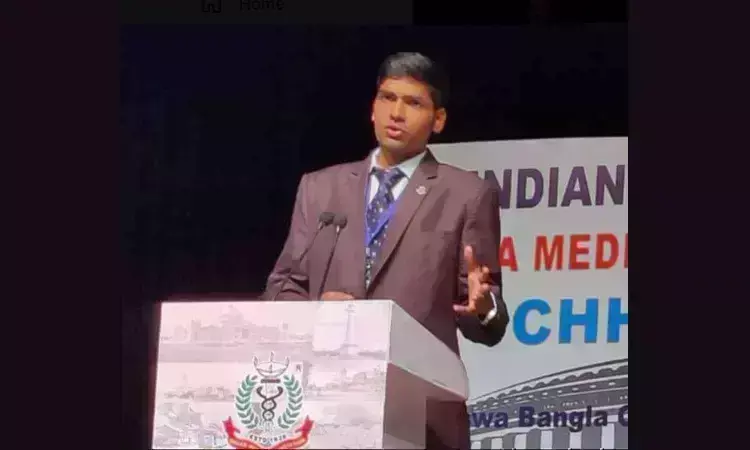
New Delhi: Dr Venkatesh Karthikeyan
has been elected as the new Publications Director of the World Medical
Association’s (WMA), Junior Doctors’ Network. This significant appointment took
place during the recent WMA General Assembly in Helsinki, Finland.
Dr Venkatesh Karthikeyan
is an MBBS Graduate pursuing an MD in Community and Family Medicine at the prestigious AIIMS Patna.
Dr Venkatesh Karthikeyan,
a distinguished figure in the field of medical science and public health, has
been recognized for his outstanding contributions and leadership in health
care. With a robust background in Community and Family medicine, Dr Karthikeyan
brings a wealth of knowledge and experience to his new role, where he will
oversee the publication activities of JDN aimed at shaping the future of
medical science globally.
The World Medical
Association, now encompassing 114 member countries, is dedicated to the highest
standards of medical education, science, and ethics, ensuring quality health
care for all people worldwide. Dr. Karthikeyan’s election as Publications Director
underscores his formidable reputation as a leader capable of steering the
international medical community toward these lofty goals.
In addition to his new
role at WMA, Dr Venkatesh Karthikeyan is already serving as the National
Convenor for Antimicrobial Resistance (AMR) at the Indian Medical Association. As the National Convenor, Dr Venkatesh oversees the increasing problem of antimicrobial resistance (AMR) in India and offers strategies to tackle it.
His leadership and initiatives in AMR have positioned him as a pivotal figure in
combating one of the most critical health challenges of our time, showcasing
his ability to influence and implement change at both national and
international levels. This election not only
underscores Dr Venkatesh Karthikeyan’s exemplary leadership in the medical
field but also signifies India’s rising prominence as a global leader in
healthcare.
Powered by WPeMatico
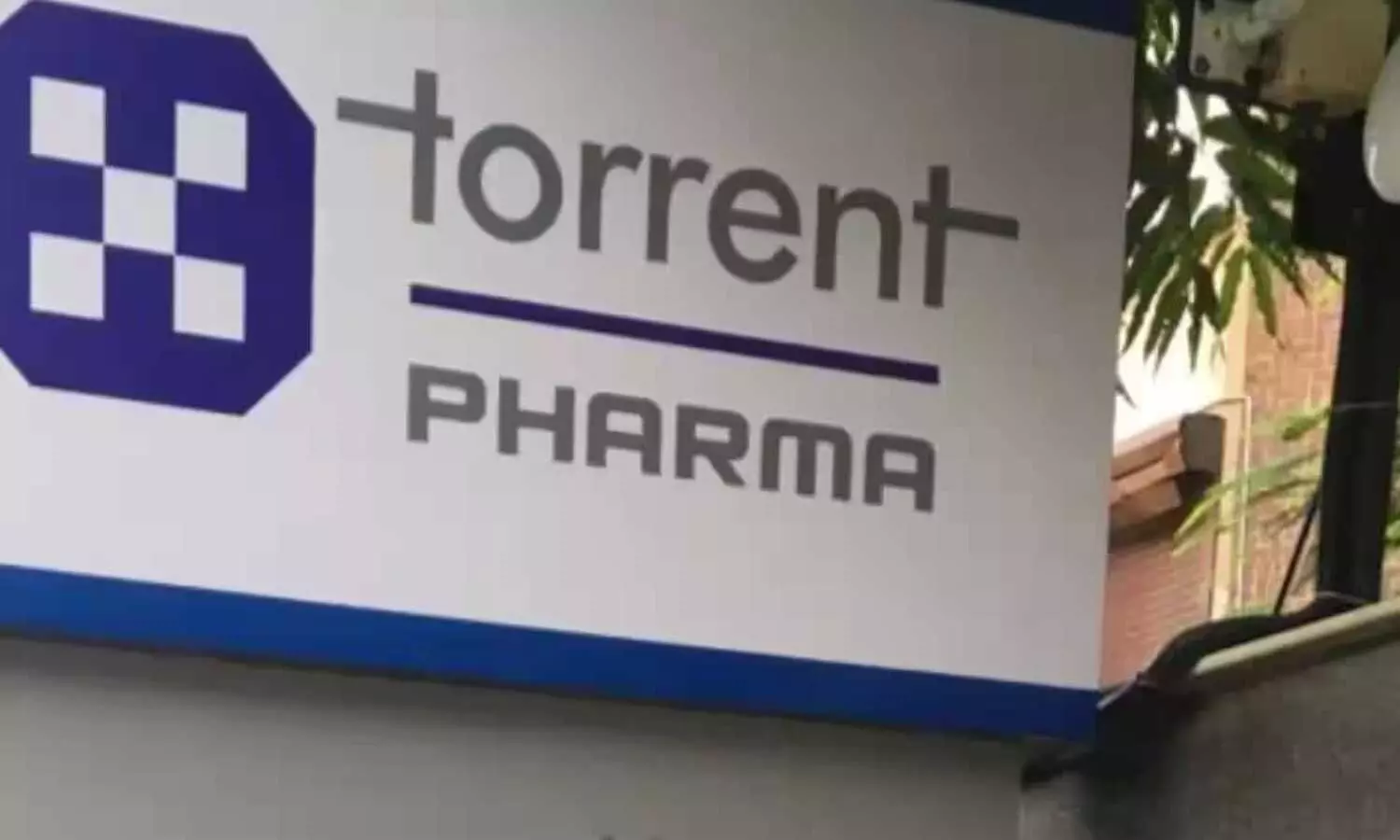
Powered by WPeMatico

New Delhi: Gland Pharma has announced a major leadership change with the appointment of Shyamakant Giri as the new Chief Executive Officer (CEO), effective January 15, 2025. The appointment, approved by the Board and recommended by the Nomination and Remuneration Committee, aims to drive the company’s next phase of growth.
Consequent to appointment of new CEO of the Company, Srinivas Sadu shall continue to be the Executive Chairman of the Company effective January 15, 2025. Srinivas Sadu has been a Director on the Board since April 25, 2019. Srinivas Sadu is not debarred from holding the office of Director by virtue of any SEBI order or any other such authority.
Powered by WPeMatico

Here are the top medical news for the day:
Powered by WPeMatico

Dehradun: In a tragic incident, a final-year medical student of Haldwani Medical College succumbed to a heart attack on Thursday while undergoing treatment for viral hepatitis at Synergy Hospital in Dehradun
The deceased student, a resident of Premnagar, Dehradun, had fallen ill while attending his college’s annual festival, which started on September 28 in Haldwani. The student was suffering from high fever following which he received treatment at Sushila Tiwari Hospital.
Observing that his condition did not improve, his friends advised him to return to Dehradun for further medical care. Following this, he came back home on October 1 and was in regular contact with his friends. He informed his friends about joining the college soon after recovering. However, his health deteriorated suddenly, and he was admitted to the ICU at Synergy Hospital.
Also read- Srinagar-based student studying MBBS in Bangladesh dies, 2 others injured in car accident in Kashmir
Speaking on the incident, Synergy Hospital manager Kamal Garg told Live Hindustan that the student had viral hepatitis and was admitted to the ICU. He died of a heart attack during treatment.
His untimely death has shocked his friends and devastated his family. His friends told the daily, “He used to help the juniors and used to complete all the tasks given by the seniors on time.”
Medical Dialogues had earlier reported about an accidental case where two female MBBS students of Eluru Asram Medical College were found dead and another student was missing after they were swept away while taking a bath in the Jalatharanagini waterfall near the Maredumilli agency area in Alluri Sitarama Raju district.
According to the police, five medical students were swept away initially around 4 pm on Sunday at Jalatharangini waterfalls in Maredumilli, out of whom two were rescued immediately by the police and forest officials who were admitted to a local hospital, but three others could not be rescued.
Also read- Medical Students swept away in Jalatarangani Waterfalls, 2 drown to death, 1 missing
Powered by WPeMatico
